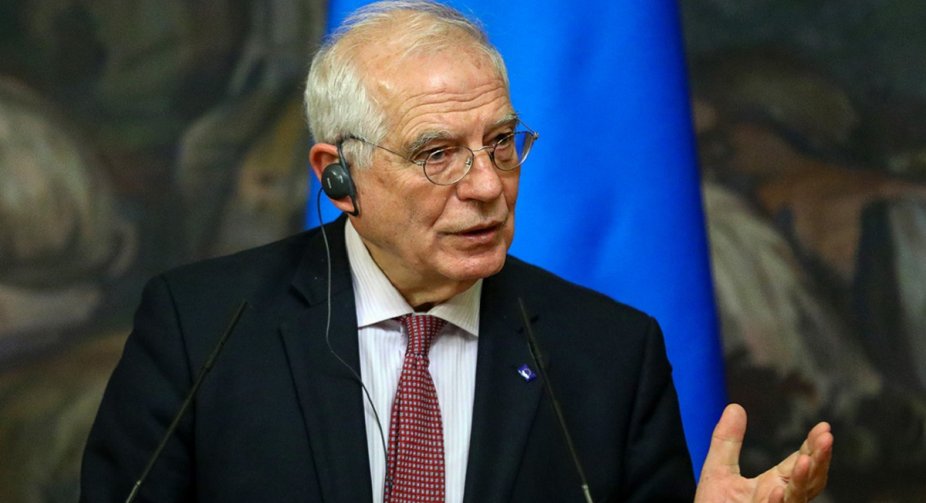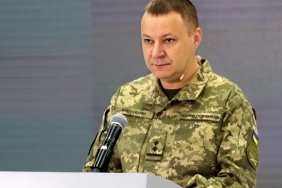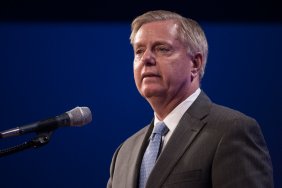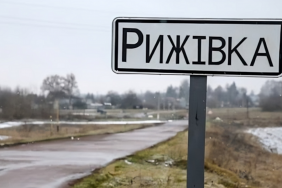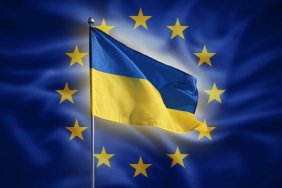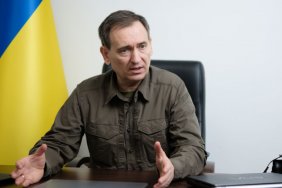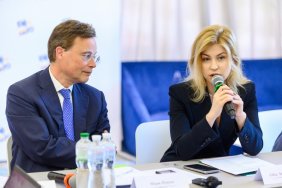Against the backdrop of a growing threat from Russia, the EU is ready to consider various forms of financial support for Ukraine, such as allocating 31 million euros to the country's Armed Forces. This was stated by EU High Representative for Foreign Affairs and Security Policy Josep Borrell in an interview with the Polish PAP, writes UNN.
Asked whether the European Union plans to provide any additional financial assistance to Ukraine in connection with the situation in the east of the country, the diplomat said "unprecedented support for Ukraine" of more than 17 billion euros, provided by the bloc since 2014."
According to Borrell, the recent tensions caused by Russia's military buildup on its borders are "an escalation of constant pressure."
"In this context, we are willing to consider other forms of support, such as the 31 million euros that the EU just approved to support the Ukrainian armed forces, to help with, among other things, cyber defense or military capacity building," Borrell said.
"Let me make two things clear: the EU is Ukraine's closest partner and we firmly support Ukraine's territorial integrity and sovereignty and the need to respect international law, rules and principles," he added.
It is worth mentioning that the matter concerns 31m euros, which the Council of the European Union decided to grant to Ukraine to strengthen its defense capabilities. They will be directed to the Armed Forces of Ukraine in four directions.
The EU made such a decision against the background of the aggravation in the east of the country.
Ukrainian authorities and Western partners have recently drawn attention to Russia's aggravation of the security situation in Donbas, the buildup of Russian forces along the border with Ukraine, the danger of a new Russian invasion and the intensification of Russian disinformation.
The Secretary of the National Security and Defense Council of Ukraine, Oleksiy Danilov, reported that 122,000 Russian troops are 200 kilometers away and 143,500 troops 400 kilometers from the Russian-Ukrainian border.
Putin's main demand is for guarantees from the U.S. and its allies that NATO will not expand further east and deploy weapons systems that Russia considers a threat there.
For example, on December 17, Russia sent proposals to the U.S. and NATO on security in Eastern Europe, which it believes are necessary to ease tensions around Ukraine. Moscow's demands include a ban on Ukraine joining NATO, the Kremlin's veto on the deployment of NATO military forces in former Soviet republics and an end to military exercises near its borders.
Moscow has presented its schedule for talks with the U.S., NATO and OSCE on "security guarantees" - at a high-level U.S.-Russian dialogue in Geneva on Jan. 10, then at a Jan. 12 NATO-Russia Council meeting in Brussels, and in Vienna at a Jan. 13 OSCE Permanent Council meeting.
European Union diplomacy chief Josep Borrell considers the conditions under which the so-called security guarantees demanded by Russia would be discussed without Europe absurd.
Ukraine also volunteered to take part in the consultations.
